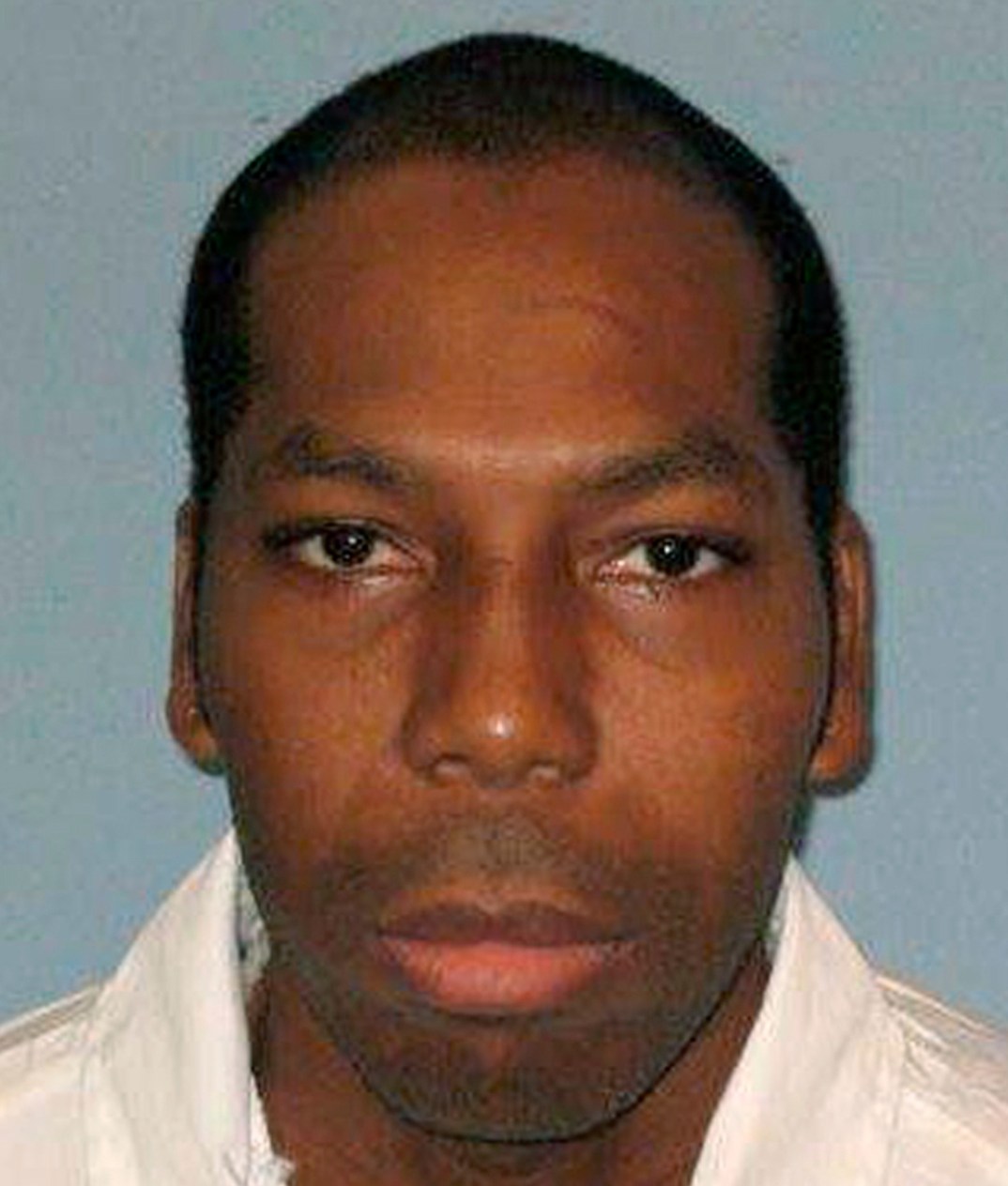Alabama denies Muslim inmate an opportunity to have Iman present at execution

The U.S. Supreme court allowed the State of Alabama to execute a Muslim inmate after denying his request to have his Imam present on Thursday.
Domineque Ray, 42, was executed via lethal injection and pronounced dead at 10:12 p.m. CST. Ray had claimed that Alabama’s execution procedures favor Christian inmates over others because a Christian chaplain remains in the execution chamber during a lethal injection.
The state would not allow his imam, Yusef Maisonet, to be in the room. He instead watched from an adjacent witness room.
—Spike Lee is not giving any free passes to Ralph Northam and the blackface brigade—
Attorneys for the state said that only prison employees are allowed in the chamber for security reasons and the Chaplain is a prison employee.
The execution was initially stayed by 11th U.S. Circuit Court of Appeals on Wednesday the SCOTUS voted 5-4 in favor of it, citing that Ray waited until Jan. 28 to challenge it. Justice Elena Kagan wrote in a dissent that she considered the decision to let the execution go forward “profoundly wrong,” according to the Associated Press.
Alabama Attorney General Steve Marshall issued a statement saying he was pleased the court let the execution proceed.
“For 20 years, Domineque Ray has successfully eluded execution for the barbaric murder of a 15-year-old Selma girl,” he said. Tonight, Ray’s long-delayed appointment with justice is finally met.”
Ray was sentenced to death for the 1995 rape and murder of a 15-year-old Tiffany Harville. Ray, who was 18 at the time of the murder, was convicted in 1999 after another man, Marcus Owden, confessed to his role in the crime and implicated Ray.
Alabama Corrections Commissioner Jeff Dunn said this was the first time the state has had an objection to the chaplain’s presence. Spencer Hahn, one of Ray’s attorneys, said he was appalled that Ray received unequal treatment because he was a Muslim.
“Domineque was a devout Muslim and a human being,” Hahn said. “He was a son, a father, a brother. He wanted equal treatment in his last moments.”
